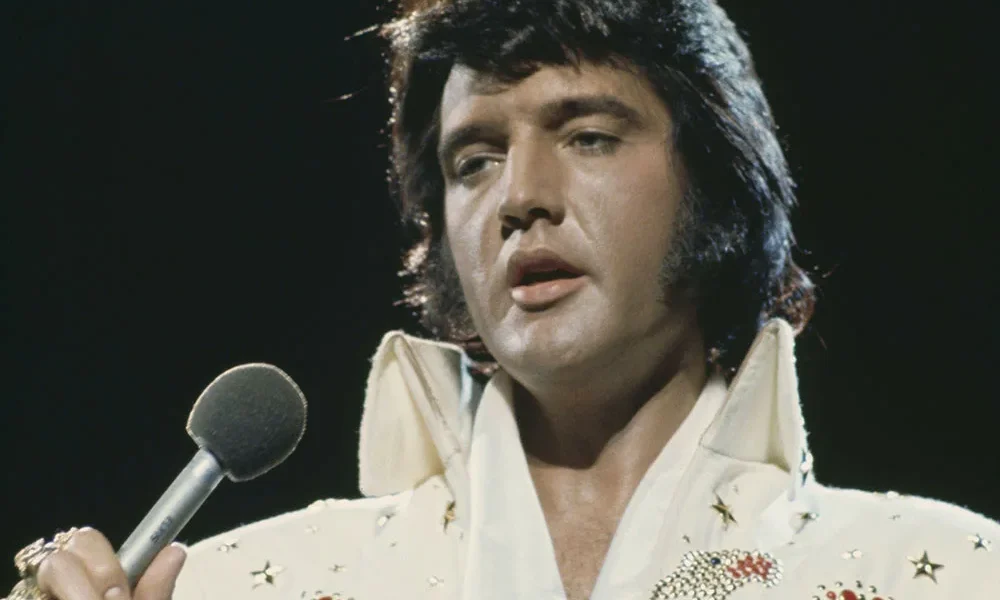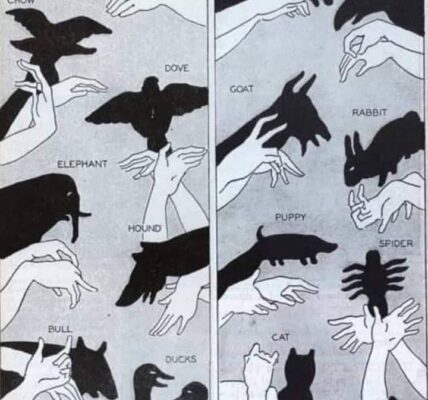“G.I. Blues” is the lively title track of the 1960 film of the same name, starring Elvis Presley. Written by Sid Tepper and Roy C. Bennett, the song is upbeat and catchy, capturing the spirited energy of a soldier dreaming of love, fun, and freedom while stationed abroad. With its lighthearted melody and Elvis’s energetic performance, “G.I. Blues” became an anthem that resonated with both military personnel and Elvis fans alike, showcasing his charismatic blend of humor and charm.

The lyrics of “G.I. Blues” are humorous and filled with optimism. They reflect the thoughts of a soldier who’s stuck doing his duties while fantasizing about the joys of civilian life. Lines like “We’d like to be heroes, but all that we do here is march” and “I’ve got those hup, two, three, four, occupation G.I. blues” humorously convey the frustrations of military life. The protagonist isn’t interested in the formalities of soldiering—he’s more interested in romance and adventure, especially when it comes to meeting local women. This focus on romance and escapism adds to the song’s relatable, lighthearted nature.

Musically, “G.I. Blues” is upbeat, featuring a rockabilly rhythm combined with elements of jazz and swing. The song’s bouncy melody and strong rhythm section give it a marching feel, fitting its military theme. Elvis’s vocals are lively and playful, bringing a sense of enthusiasm and mischief to the song. His performance reflects his on-screen persona as a soldier who’s caught between duty and the longing for freedom, embodying a youthful spirit and carefree attitude that made Elvis so beloved by audiences. This blend of humor, romance, and adventure makes “G.I. Blues”
In the context of the film, “G.I. Blues” introduces audiences to Elvis’s character, Tulsa McLean, a soldier stationed in Germany who dreams of leaving the army and opening a nightclub in America. The song sets the tone for the film, underscoring its themes of friendship, romance, and the search for fun amidst the constraints of military life. The character’s dreams of romance and freedom reflect the aspirations of many young people at the time, making the song feel both timely and timeless.
While “G.I. Blues” may not have reached the iconic status of some of Elvis’s other hits, it remains a cherished song for its humor, energy, and lightheartedness. Its infectious rhythm and playful lyrics continue to capture the spirit of adventure and optimism, making it a memorable piece that showcases Elvis’s charm and ability to connect with audiences on a personal level.

